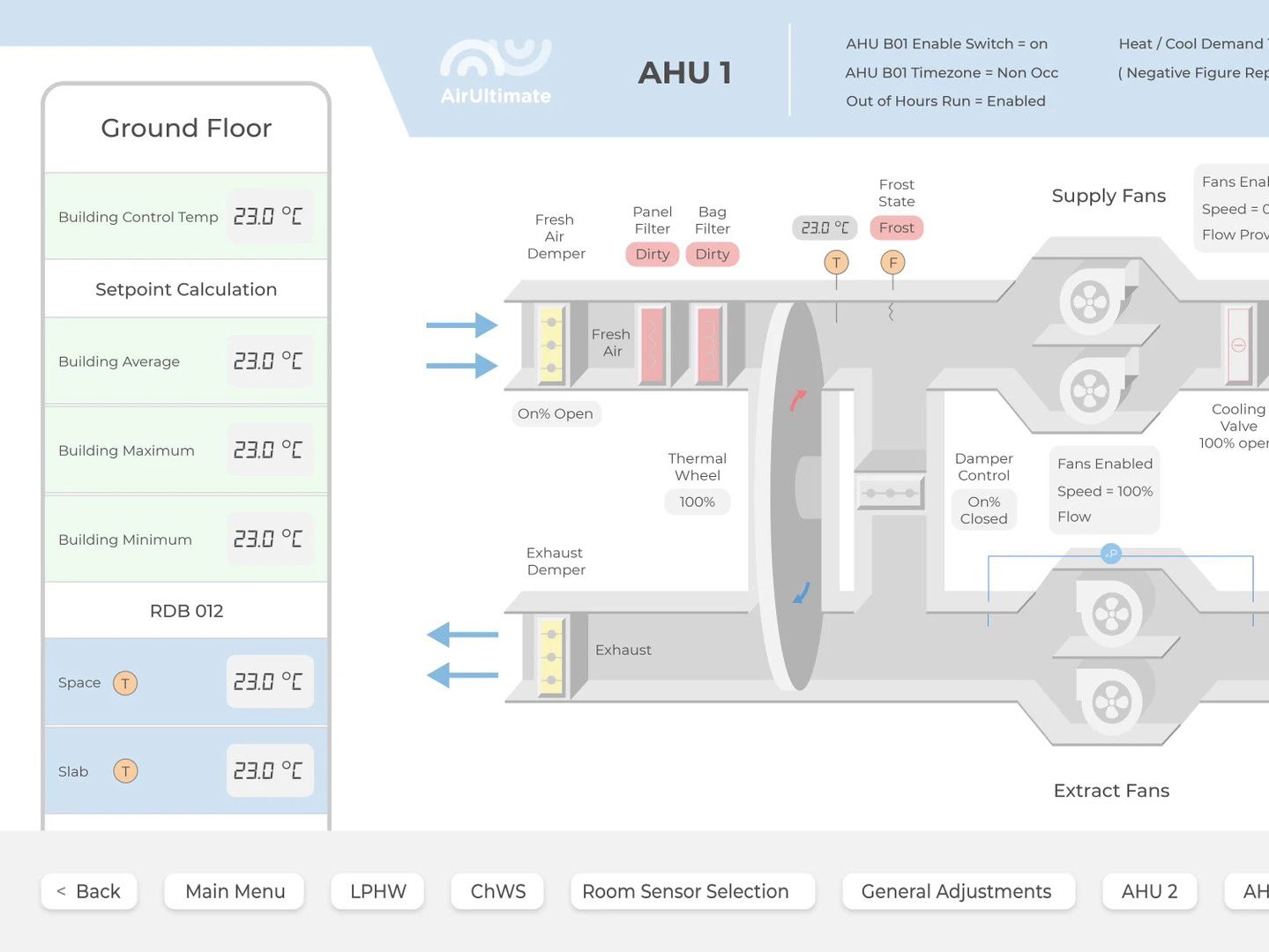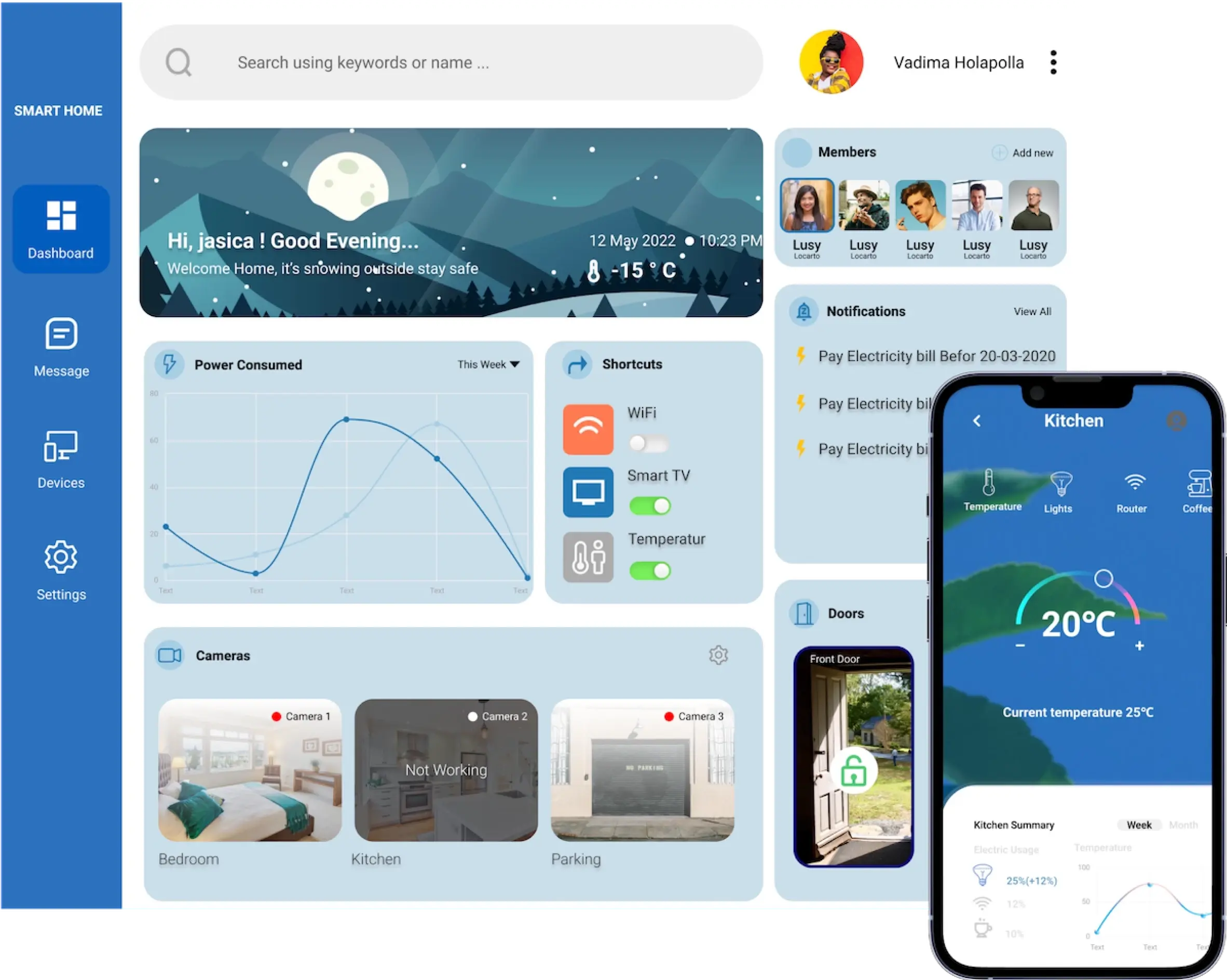Best IoT Management Platform SSH: Your Ultimate Guide To Streamlining Connectivity
Let me tell you something, folks—IoT management isn’t just a buzzword anymore. It’s the real deal, and if you’re looking for the best IoT management platform with SSH capabilities, you’ve come to the right place. Today, we’re diving deep into the world of connected devices and exploring how the right platform can revolutionize your operations. So, buckle up and get ready to learn everything you need to know!
Nowadays, the Internet of Things (IoT) is everywhere. From smart homes to industrial automation, IoT devices are transforming how we live and work. But managing these devices isn’t as simple as it sounds. That’s where IoT management platforms come in. With features like remote access through SSH, these platforms make it easier than ever to keep your devices secure and running smoothly.
Before we dive deeper, let’s get one thing straight: not all IoT management platforms are created equal. Some are packed with features, while others leave you wanting more. In this guide, we’ll break down the best IoT management platforms with SSH capabilities, so you can make an informed decision. Trust me, by the end of this, you’ll be ready to take your IoT game to the next level.
- Claudia Peltz The Rising Star Shining Brighter Than Ever
- Popcornflix Your Ultimate Destination For Streaming Movies And Series
Why IoT Management Platforms Matter
Alright, let’s cut to the chase. Why do you even need an IoT management platform? Think about it this way: imagine trying to manage hundreds—or even thousands—of connected devices manually. Sounds like a nightmare, right? That’s where IoT management platforms step in. They give you the tools you need to monitor, control, and secure your devices from a single dashboard.
And here’s the kicker—SSH (Secure Shell) adds an extra layer of security to the mix. It allows you to remotely access and manage your devices securely, ensuring that your data stays safe. With cyber threats on the rise, having a platform with robust SSH capabilities is more important than ever.
Key Features to Look For
When it comes to choosing the best IoT management platform, there are a few key features you should keep an eye out for:
- Jerome Berry The Man Behind Halle Berrys Legacy Ndash A Deep Dive Into Her Dads Life
- Unlock Your Movie Streaming Experience With 0gomoviesit
- Device Management: Can the platform handle all your devices seamlessly?
- Security Features: Does it offer robust encryption and SSH support?
- Scalability: Can it grow with your business as you add more devices?
- Analytics: Does it provide insights into device performance and usage?
- Integration: Can it integrate with other tools and systems you use?
These features might seem basic, but they’re the foundation of any great IoT management platform. Without them, you could be setting yourself up for failure.
Top 10 Best IoT Management Platforms with SSH
Now that we’ve covered the basics, let’s get into the nitty-gritty. Here’s a list of the top 10 IoT management platforms with SSH capabilities:
1. AWS IoT Core
AWS IoT Core is a heavy hitter in the IoT management space. With its robust security features and seamless integration with other AWS services, it’s a top choice for many businesses. Plus, its SSH capabilities make remote device management a breeze.
2. Microsoft Azure IoT Hub
Microsoft Azure IoT Hub is another powerhouse in the IoT world. It offers advanced analytics, device management, and, of course, SSH support. If you’re already using Microsoft services, this platform is a no-brainer.
3. Google Cloud IoT Core
Google Cloud IoT Core brings the power of Google’s cloud infrastructure to IoT management. With features like real-time analytics and secure device communication, it’s a great option for businesses looking to scale.
4. IBM Watson IoT Platform
IBM Watson IoT Platform is all about intelligence. It uses AI to provide insights into device behavior and performance. And with its SSH capabilities, you can rest easy knowing your devices are secure.
5. Cisco IoT Cloud
Cisco IoT Cloud is designed for businesses that need enterprise-grade solutions. Its focus on security and scalability makes it a top choice for large organizations. Plus, its SSH support ensures secure remote access.
6. ThingWorx
ThingWorx by PTC is a platform that’s all about connectivity. It offers easy integration with existing systems and robust security features. If you’re looking for a platform that’s easy to use but still powerful, ThingWorx might be the one for you.
7. Losant
Losant is a developer-friendly platform that offers drag-and-drop workflows and SSH support. It’s great for businesses that want to build custom solutions without starting from scratch.
8. Blynk
Blynk is a platform that focuses on simplicity. It’s perfect for small businesses or individuals who want to manage their IoT devices without a steep learning curve. And with SSH capabilities, you can still keep your devices secure.
9. Particle
Particle is a platform that’s all about hardware integration. It offers easy-to-use tools for managing IoT devices and supports SSH for secure remote access. If you’re building your own IoT devices, Particle is worth considering.
10. Losant
Losant, once again, deserves a mention for its flexibility and ease of use. Its SSH support and developer-friendly features make it a great choice for businesses of all sizes.
How to Choose the Right Platform
Picking the right IoT management platform can feel overwhelming, but it doesn’t have to be. Here’s a quick guide to help you make the best decision:
- Identify your needs: What features are most important to you?
- Consider your budget: How much are you willing to spend?
- Evaluate scalability: Will the platform grow with your business?
- Check security features: Does it offer SSH and other security measures?
- Read reviews: What are other users saying about the platform?
By answering these questions, you’ll be well on your way to finding the perfect IoT management platform for your needs.
Data and Statistics
Let’s talk numbers. According to a report by Statista, the global IoT market is expected to reach $1.1 trillion by 2026. That’s a lot of zeros, folks. And with more devices being connected every day, the demand for reliable IoT management platforms is only going to grow.
Another interesting stat? A survey by Gartner found that 85% of enterprises will adopt IoT platforms by 2024. That’s a pretty strong indicator of just how important these platforms are becoming in the business world.
Challenges in IoT Management
Of course, no technology is without its challenges. When it comes to IoT management, some of the biggest hurdles include:
- Security: Keeping devices and data secure is a top priority.
- Scalability: Managing a growing number of devices can be tricky.
- Interoperability: Ensuring devices from different manufacturers work together seamlessly.
That’s why choosing a platform with robust SSH capabilities and other security features is so important. It’s not just about convenience—it’s about protecting your business.
Best Practices for IoT Management
Now that you know what to look for in an IoT management platform, let’s talk about how to use it effectively:
- Regularly update your devices to ensure they have the latest security patches.
- Use strong passwords and enable two-factor authentication wherever possible.
- Monitor device performance regularly to catch issues before they become problems.
- Document your processes so you can easily onboard new team members.
By following these best practices, you’ll be well on your way to mastering IoT management.
Conclusion
So, there you have it—the best IoT management platforms with SSH capabilities. Whether you’re a small business owner or a tech-savvy individual, there’s a platform out there that can meet your needs. Remember, the key is to choose a platform that offers the features you need, fits your budget, and grows with your business.
Now, here’s the fun part. If you’ve found this guide helpful, I’d love to hear from you. Leave a comment, share this article with your friends, or check out some of our other content. Together, we can keep the conversation going and help each other navigate the ever-changing world of IoT management.
Table of Contents
Article Recommendations
- Where Does Shayanna Jenkins Live Now The Latest Updates You Need To Know
- Violets Modeling Opportunity Your Gateway To A Blossoming Career



Detail Author:
- Name : Alessandro Moen
- Username : presley46
- Email : gerry.fay@stokes.com
- Birthdate : 1985-04-18
- Address : 4394 Herman Key Connerside, MA 81677
- Phone : 1-408-642-4373
- Company : Rice PLC
- Job : Forest Fire Inspector
- Bio : Fugit dolores et iusto est eos ut neque. Sunt laborum autem laboriosam. Rerum non nobis soluta voluptate. Error doloribus dolorem eos explicabo.
Socials
facebook:
- url : https://facebook.com/ebarton
- username : ebarton
- bio : Voluptatibus esse assumenda occaecati quo accusantium.
- followers : 5860
- following : 2653
instagram:
- url : https://instagram.com/ebarton
- username : ebarton
- bio : Rerum quae esse possimus eligendi. Qui qui tempore ratione est nisi officia.
- followers : 2647
- following : 1315
tiktok:
- url : https://tiktok.com/@barton1992
- username : barton1992
- bio : In quia nulla distinctio ducimus. Et corrupti vero est minima vitae.
- followers : 4450
- following : 836
twitter:
- url : https://twitter.com/elfrieda.barton
- username : elfrieda.barton
- bio : Fugit tempore eum delectus consequatur. Ducimus quos voluptate et accusamus praesentium. Laudantium sint incidunt officiis porro suscipit doloribus aut.
- followers : 1557
- following : 1635